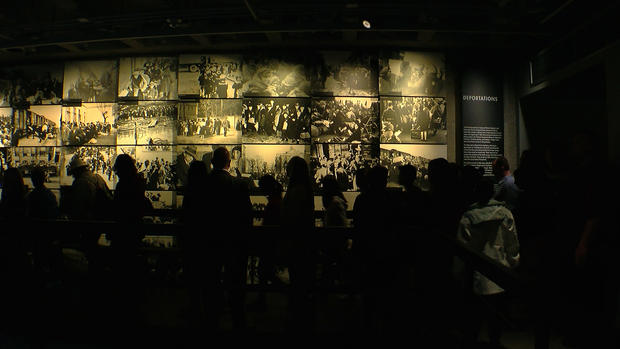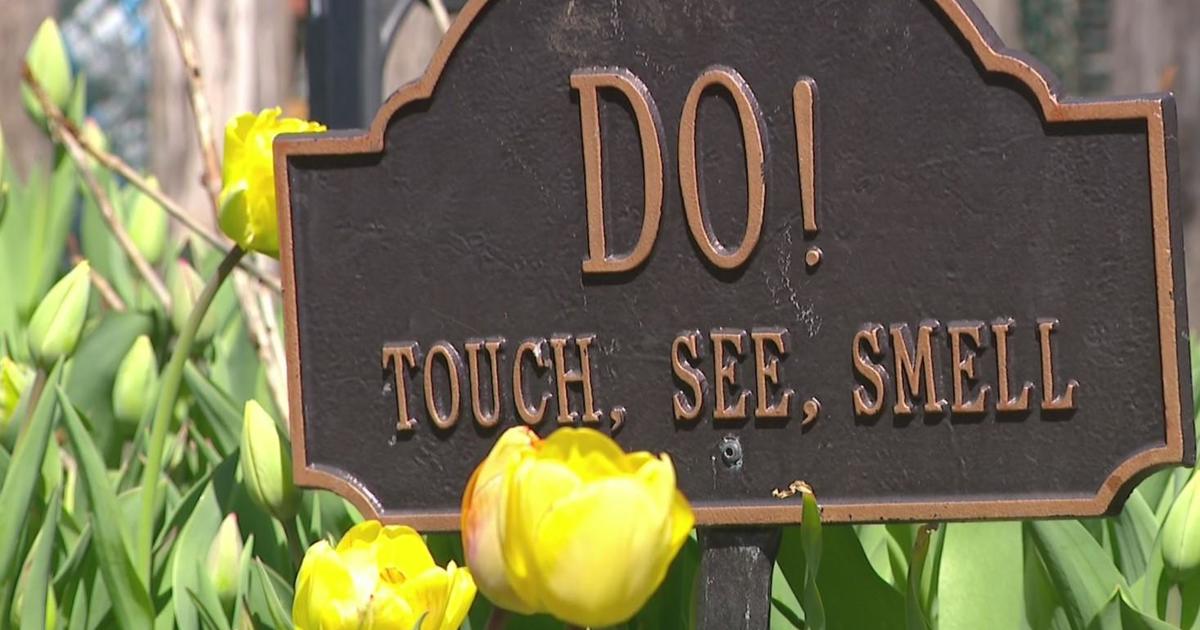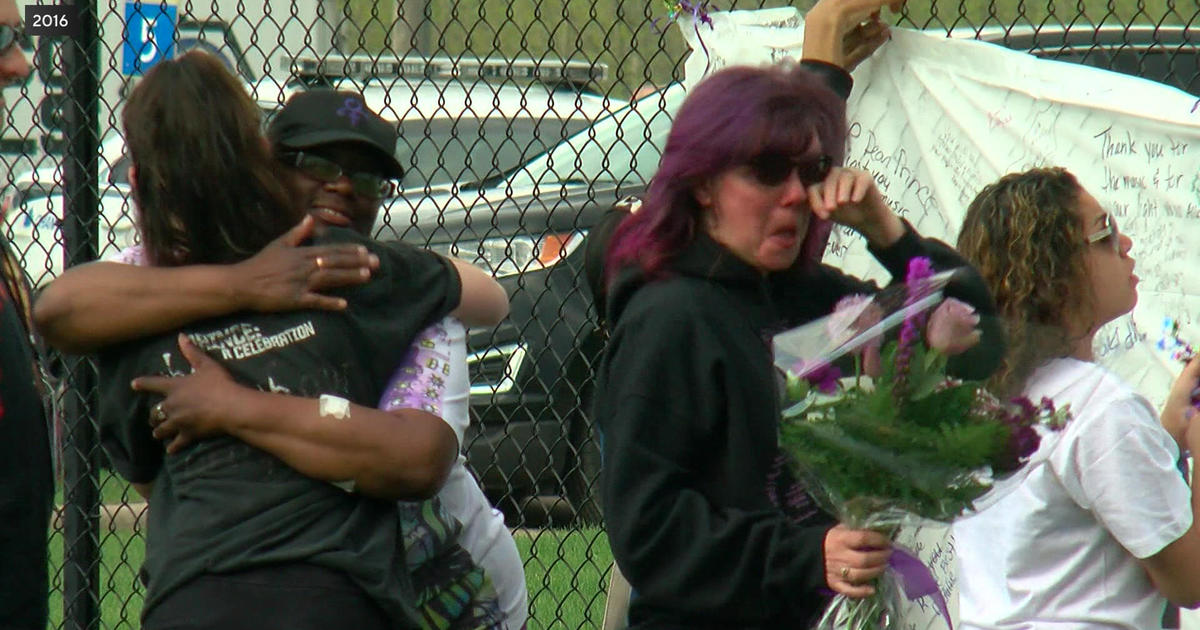1-Day Trip To Holocaust Museum Educates Minnesotans On Nazi Horrors
MINNEAPOLIS (WCCO) -- A recent survey showed that many Americans do not know much about the Holocaust, and many said they have never heard of it.
Thirty-one percent of the people surveyed said they thought two million or fewer people were killed -- while the death toll is actually more than six million.
Nearly half of Americans do not recognize the name Auschwitz, one of the Nazi concentration camps where Jewish people, the Roma people, homosexuals, Jehovah's Witnesses and people with disabilities were murdered in an effort to create a supreme white race.
One-hundred-and-sixty-six Minnesotans recently took a day-long trip to our nation's capital to learn more. Susan-Elizabeth Littlefield and photojournalist Lewis Karpel were invited along on a "Journey of Reflection."
----------
The day started in an early-morning haze. Some were about to take their very first flight while all were about to take a trip to remember.
Moments after landing in Washington D.C., Minnesotans of different ages, backgrounds and perspectives arrived at the United States Holocaust Memorial Museum.
The group included history students from places like Norwood Young America, South High School in Minneapolis, St. Paul's Hmong College Prep Academy and many more.
Several law enforcement officers and service members were also along, representing Minneapolis and St. Louis Park police among others, and the U.S. National Guard.
"A large percentage of millennials and adults have no idea how to frame what Auschwitz was," said Susie Greenberg, associate director of Holocaust education for the Jewish Community Relations Council of Minnesota and the Dakotas.
The JCRC is doing something about that.
Once a year, they take curious Minnesotans on a one-day trip which they hope sparks a journey of understanding for teachers, students and officers.
"We all have to be cognizant of the intersection of civil rights and community security," Steve Hunegs of the JCRC. "When people appreciate their history, then they have a greater knowledge of the importance of affirming civil rights."
Officers were the first to go in. Much of the museum's interior is dark, cramped and uncomfortable -- and that is the point.
They quietly weaved their way through the photos, looking and listening to how an Austrian named Adolf Hitler seduced a nation.
"Because they have these, you know, uniforms and they have these slogans and they got to march and they got a knife and they got songs, and it was like so patriotic," said a museum guide.
They looked at the arc of a demolished synagogue. They looked at photos of starving people. They looked at a tower full of photos of entire families that were murdered.
What really made them able to walk in these victims' shoes was to see their actual shoes, thousands of them, up close.
"Walking past it and like looking at it, it just hurts me every time," said Milaca High School senior Ellie Banks. "I just feel it in my heart."
Minnetonka Middle School West student Dena Shink is the great-granddaughter of Holocaust survivors.
"Looking at all of the shoes that were left behind … you think all of these shows belonged to like maybe someone's son, someone's daughter, someone's mother and father," Shink said.
Her mother was one of many who ended the tour in reflection.
"All four of my grandparents survived the Holocaust," Judi Shink said. "They're gone now, and I feel like this huge burden, not burden, this huge responsibility or honor to share the names of their families that all dies, and let these future generations know what happened, and what they can do."
Intimately personal for some, and newly personal for others.
"I guarantee none of the students in Milaca, or that have the class, know any Jewish people, so they can't get that personal perspective," said Colleen Bell, Holocaust history teacher at Milaca Secondary High School. "This gives them more of a personal perspective."
As the hours ticked on, the lessons sunk in.
"It's a great reminder as a police officer, the different heritage and the different life experiences that people have, people that we deal with day in and day out," said Minneapolis Police Public Information Officer John Elder.
Thim Chhon from St. Cloud State also had a lot to reflect on.
"I think to me it just brought back the feeling of trying to understand why humans do what they do," Chhon said. "Trying to understand the perspective why our leader in Cambodia [Pol Pot] did what he did to our people."
It was a day-long trip that will likely have a life-long impact.
"There's only one race and that's the human race," said Milaca student Chase Horrigan. "And if it happens to one person, it happens to us all."
The JCRC hopes all those on the tour will remember what they saw, and stand up for anyone who is being mistreated.




